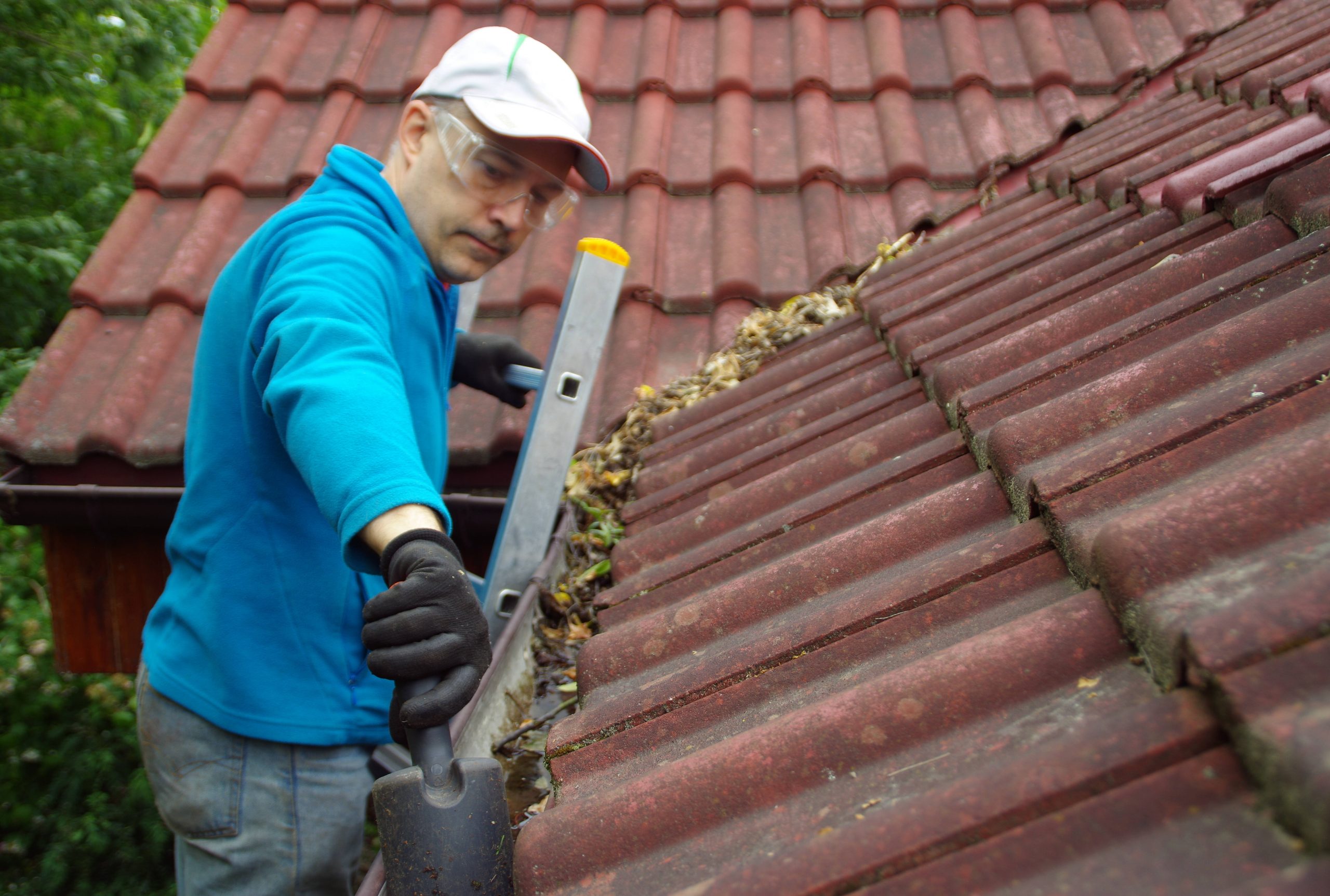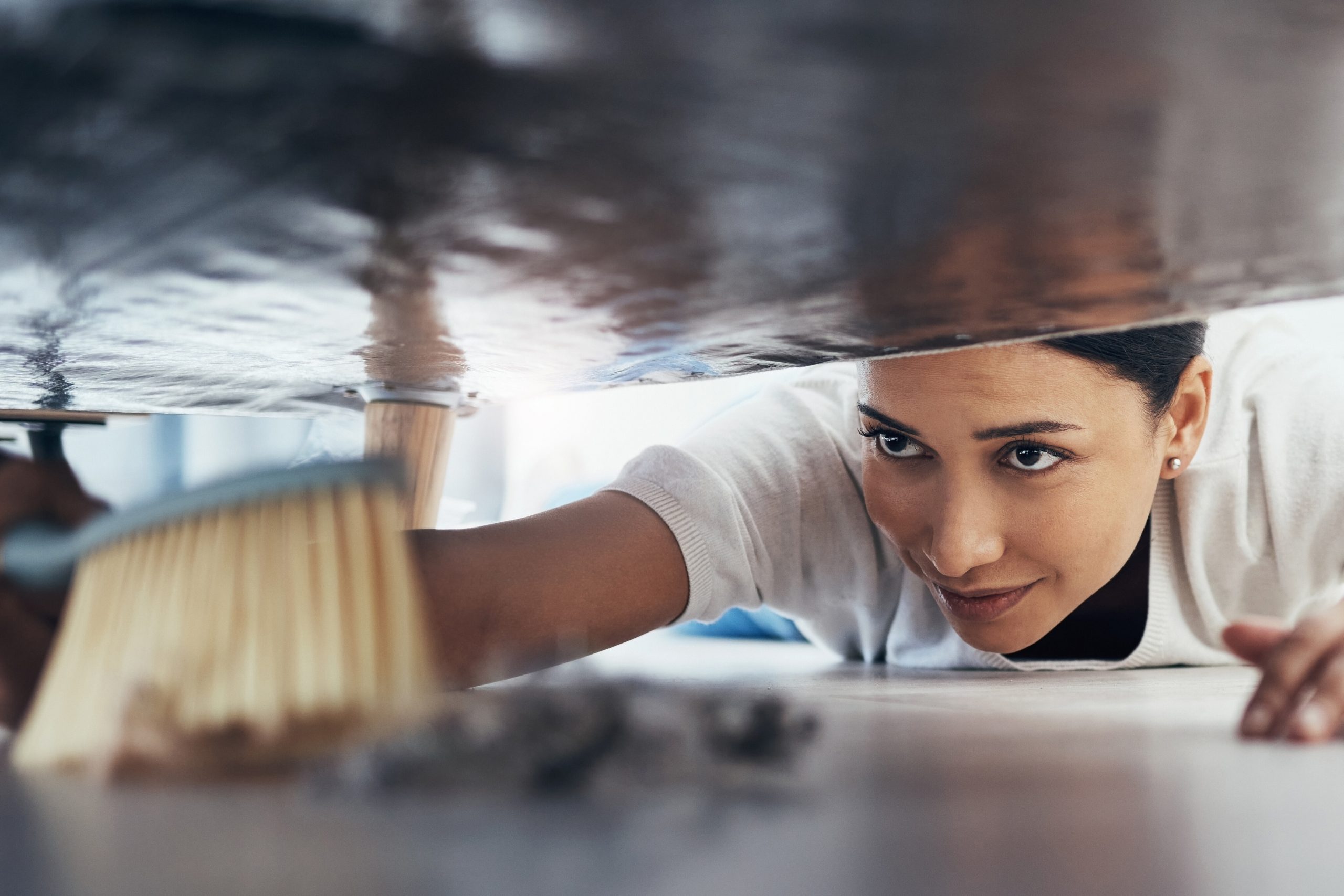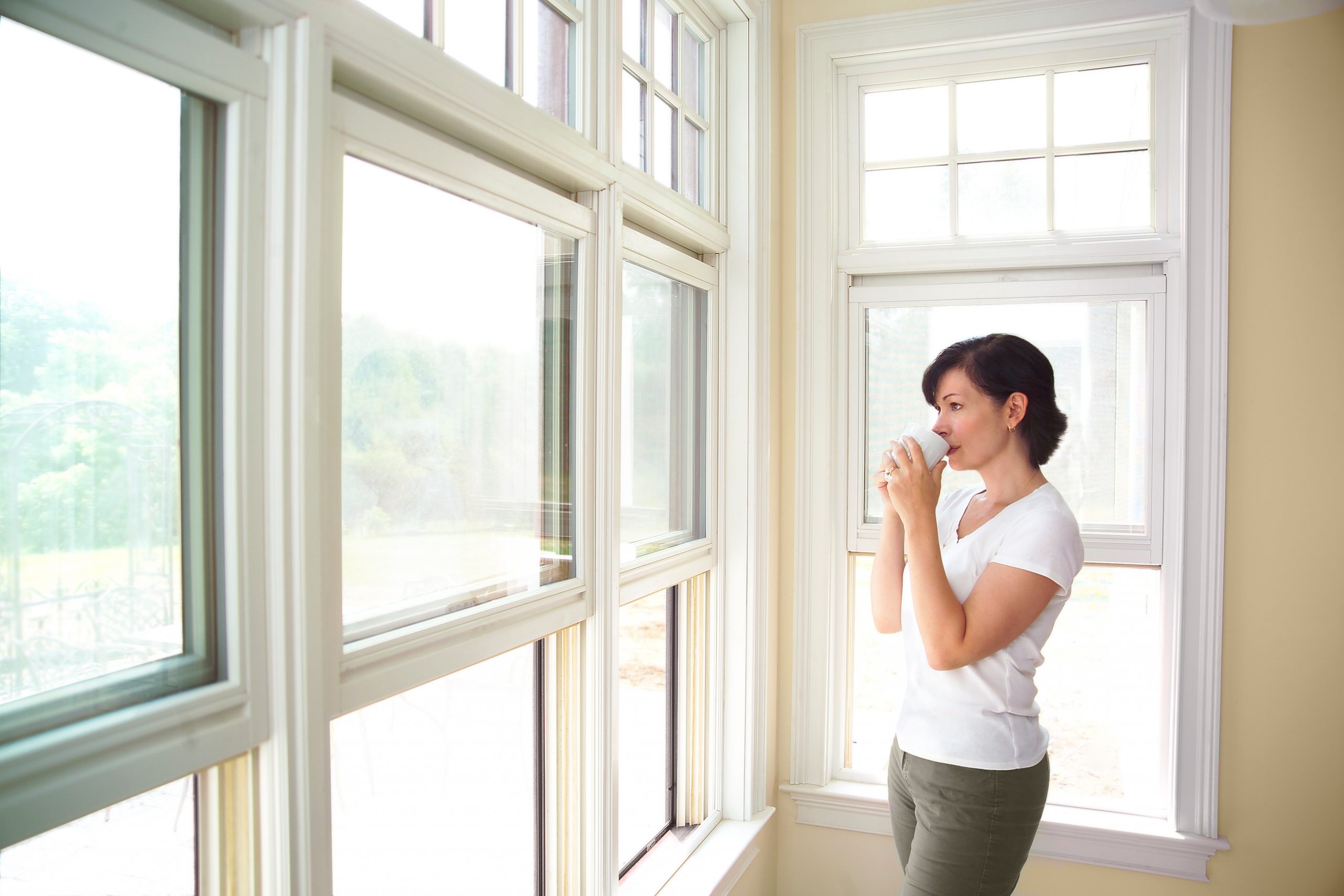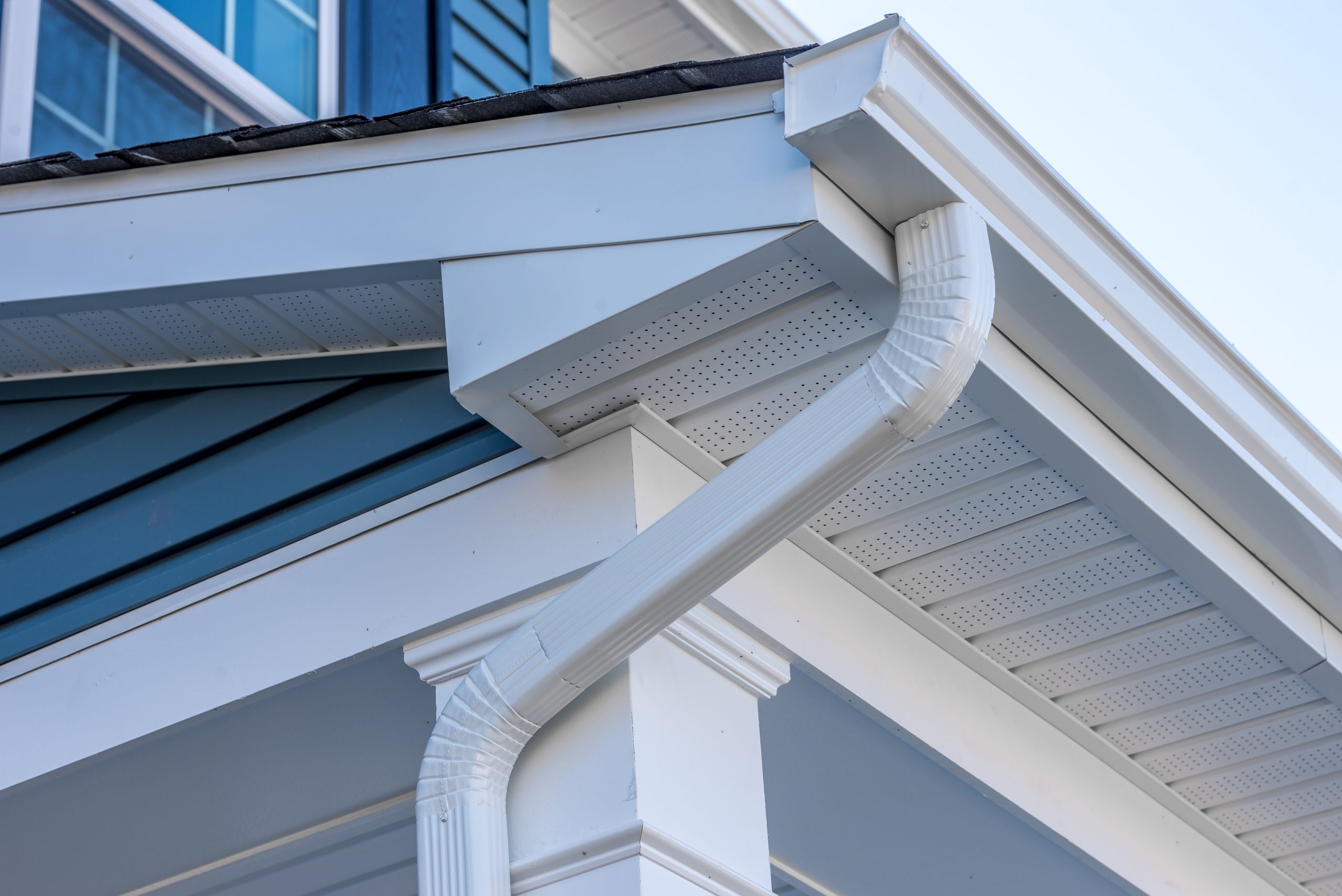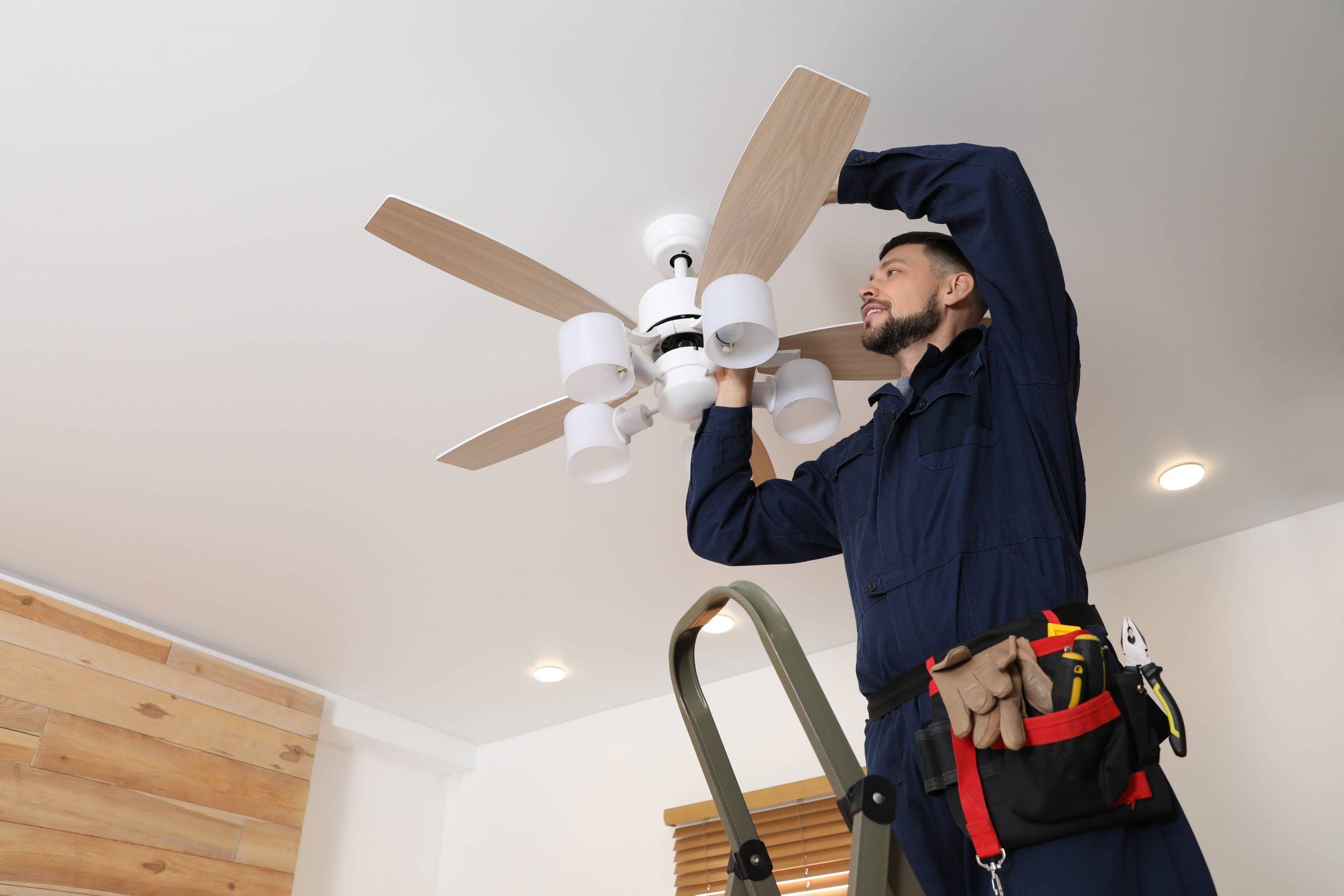Table of Contents
Composting for Beginners: How to Start an Eco-Friendly Compost Bin
Composting is one of the easiest and most effective ways to reduce waste while creating nutrient-rich soil for your garden. Instead of tossing food scraps and yard waste into the trash, you can turn them into a natural fertilizer that benefits plants and the environment. The best part? Composting is low-maintenance and can be done in small spaces, making it perfect for beginners. Here’s a step-by-step guide to starting your own eco-friendly compost bin.
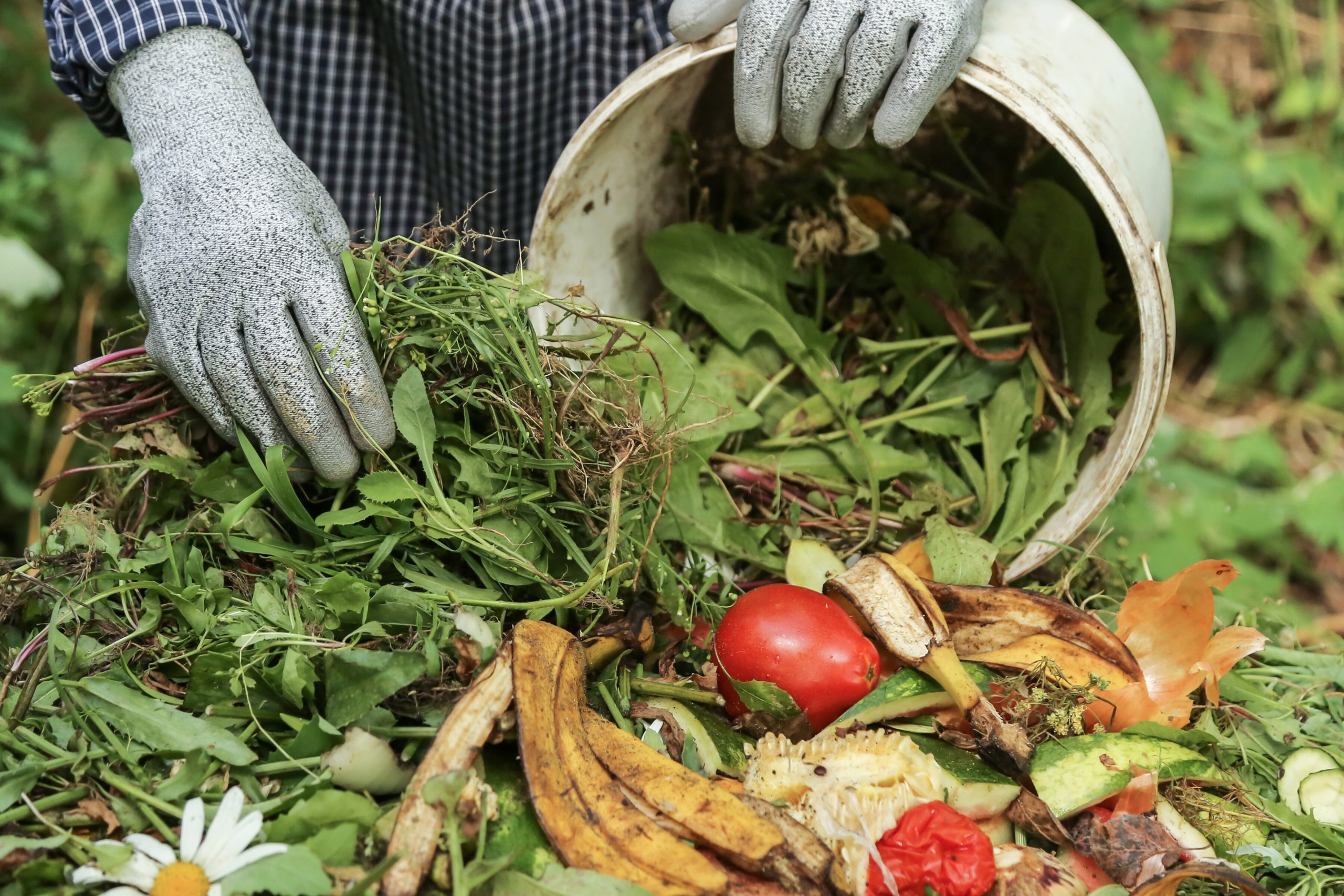
Why Compost?
Composting helps reduce the amount of organic waste that ends up in landfills, where it produces harmful greenhouse gases like methane. By composting, you:
- Reduce Waste: Up to 30% of household waste can be composted instead of thrown away.
- Save Money: Composting reduces the need for store-bought fertilizers.
- Improve Soil Health: Compost adds nutrients to the soil, helping plants grow stronger and healthier.
- Support the Environment: Less landfill waste means a smaller carbon footprint and a healthier planet.
Step 1: Choose a Composting Method
There are different ways to compost, depending on your space and lifestyle.
- Outdoor Compost Bin: Ideal for those with a backyard, an outdoor compost pile or bin allows you to compost larger amounts of waste.
- Indoor Compost Bin: Perfect for small spaces, a countertop or under-the-sink compost bin can handle food scraps without taking up much room.
- Worm Composting (Vermicomposting): Uses worms to break down food scraps quickly and is great for apartments or small spaces.
Step 2: Pick the Right Location
For an outdoor compost bin, choose a shady, well-drained spot that’s easy to access. If you’re composting indoors, place a small bin in your kitchen or balcony for convenience. Make sure your bin has proper ventilation to speed up the composting process.
Step 3: Gather the Right Materials
Compost needs a balance of “greens” (nitrogen-rich materials) and “browns” (carbon–rich materials) to break down effectively.
Greens (Nitrogen-Rich Materials)
These provide moisture and help speed up decomposition. Examples include:
- Fruit and vegetable scraps
- Coffee grounds and tea bags
- Grass clippings
- Eggshells
Browns (Carbon-Rich Materials)
These help absorb excess moisture and create air pockets for airflow. Examples include:
- Dry leaves
- Shredded paper or cardboard
- Sawdust (from untreated wood)
- Straw or hay
Step 4: Avoid Adding These Items
Not all organic materials belong in a compost bin. Avoid:
- Meat, dairy, and oily foods (attracts pests and creates odors)
- Pet waste (can contain harmful bacteria)
- Treated or glossy paper (contains chemicals that don’t break down naturally)
- Large branches or wood chunks (take too long to decompose)
Step 5: Layer and Maintain Your Compost
For best results, layer your compost materials by alternating greens and browns. A good rule of thumb is two parts browns to one part greens to keep the balance right.
- Turn or stir the compost every 1–2 weeks to introduce oxygen and speed up decomposition.
- Keep the compost moist, but not too wet—like a damp sponge. If it’s too dry, add more greens or sprinkle with water. If it’s too wet, add more browns.
- Watch for odors—a well-maintained compost pile should have an earthy smell. If it starts to stink, add more browns and turn it more often.
Step 6: Harvest and Use Your Compost
After 2–6 months, your compost will turn into dark, crumbly, soil-like material with an earthy smell. Once it’s ready:
- Sift out large pieces that haven’t broken down completely (you can return these to the bin for further decomposition).
- Use the compost in your garden by mixing it into the soil or spreading it as mulch.
- Add it to potted plants to boost nutrients naturally.
Final Insights
Starting a compost bin is a simple, eco-friendly way to reduce waste and create nutrient-rich soil for your plants. Whether you have a backyard, a balcony, or a small kitchen, there’s a composting method that works for you. With just a little effort, you can turn everyday scraps into a valuable resource that benefits both your home and the planet. Start composting today and take one step closer to a greener lifestyle!
